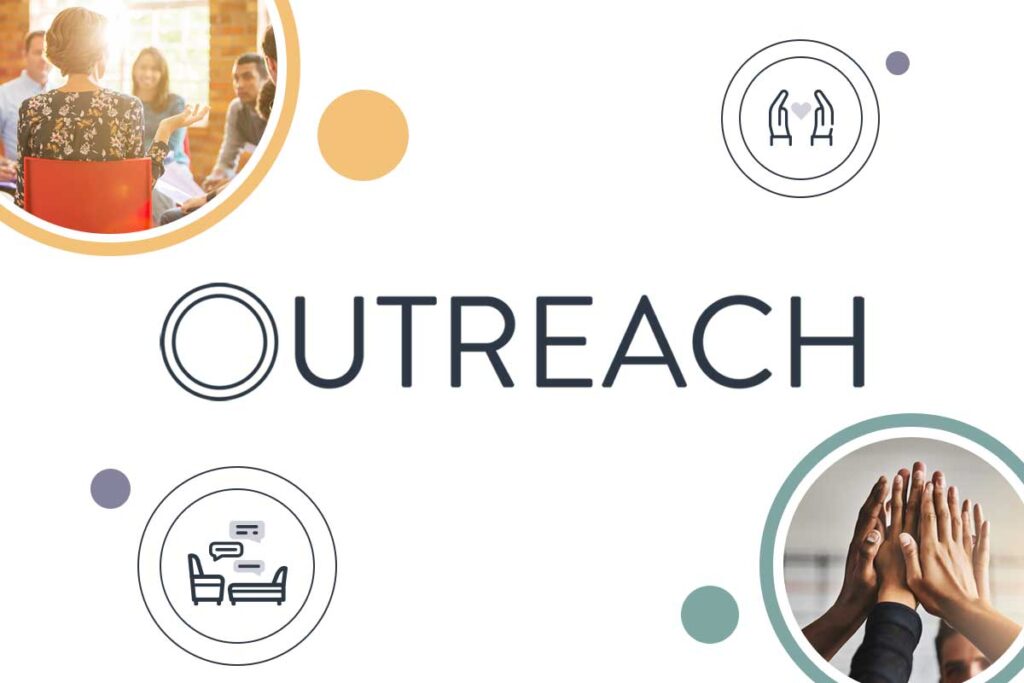Most health insurance companies cover substance abuse rehabilitation and several forms of mental health treatment. However, whether your insurer covers your alcohol rehab in Maryland depends on several factors, like your policy’s particular behavioral health benefits, your rehab treatment provider, and your particular needs.
This article will inform when insurance companies cover alcohol rehab in Maryland.
Do health insurance companies cover substance abuse treatment?
Yes, most health insurance plans cover the cost of treatment for substance abuse disorder, which includes drug and alcohol addiction. However, the health insurance plan you have will determine how much of your treatment is covered by your insurer and how much you can expect to pay out-of-pocket. Check with your insurance provider before entering a treatment program for substance abuse issues to understand what is covered under your plan.
Types of rehab that insurance companies cover
While there are various types of addiction treatment in the U.S., there are some that are consistently offered by insurance companies. Common addiction treatment programs covered by insurance include:
- Inpatient rehabilitation
- Outpatient care
- Medication-assisted treatment
- Continuing care (counseling, therapy)
- Medication maintenance to support ongoing sobriety
Going to rehab without insurance coverage
If you don’t have private health care insurance, don’t let this stop you from getting the treatment you need. Various free and state-funded rehab options are available to those who need it. Most states also offer financial assistance for those who have no insurance and are in need of free or low-cost addiction treatment.
Other options for paying for drug and alcohol rehab include:
- Loans and/or payment plans. Many treatment centers provide financing options that allow you to pay back the cost of treatment in small increments after treatment.
- Scholarships. Some rehab facilities may offer scholarships to those in need to cover all or part of the cost. Some states also provide scholarships and grants to those with addiction who need help paying for treatment.
- Financial support from family. While asking for help can be difficult, you may be surprised how many people want to support you. Ask your friends and family for financial support in your endeavor to get help.
Common types of health care plans
The three most common healthcare plans are health maintenance organization (HMO) plans, preferred provider organization (PPO) plans, and point of sale (POS) plans. Your insurance provider may cover alcohol rehab treatment and recovery. Here’s more information on these three types of plans:
- HMO plans. These plans allow patients to choose their primary care physician and see that doctor for most of their medical needs. This will enable patients to form a relationship with their doctor who knows their whole health history. HMOs have lower or no deductibles, and overall coverage is usually cheaper than PPOs. However, you will be responsible for paying out-of-pocket premiums if you seek care with an out-of-network provider.
- PPO plans. These plans allow patients to see healthcare providers without referrals in and out of their network. It provides a little more flexibility in allowing members to visit doctors of their choosing, both in and out of the network. PPOs tend to have higher deductibles than HMO plans.
- POS plans. These plans are similar to HMO plans though they allow patients to sometimes see care providers outside of the network in certain cases.
If you or a loved one is interested in alcohol rehab in Maryland, contact Outreach Recovery.
Outreach Recovery offers a range of services for people to overcome addiction and establish a sound foundation for a successful recovery. Our federally licensed Suboxone doctors can prescribe various medications to help patients face and move beyond opioid addiction.
It can take years for a person’s brain to recover from opioid use, and we don’t approach any patient’s recovery as a quick fix or a cure-all. Instead, we offer support and medication to begin a successful recovery. Find out more in our frequently asked questions, or contact the area manager to discuss your treatment options today.

